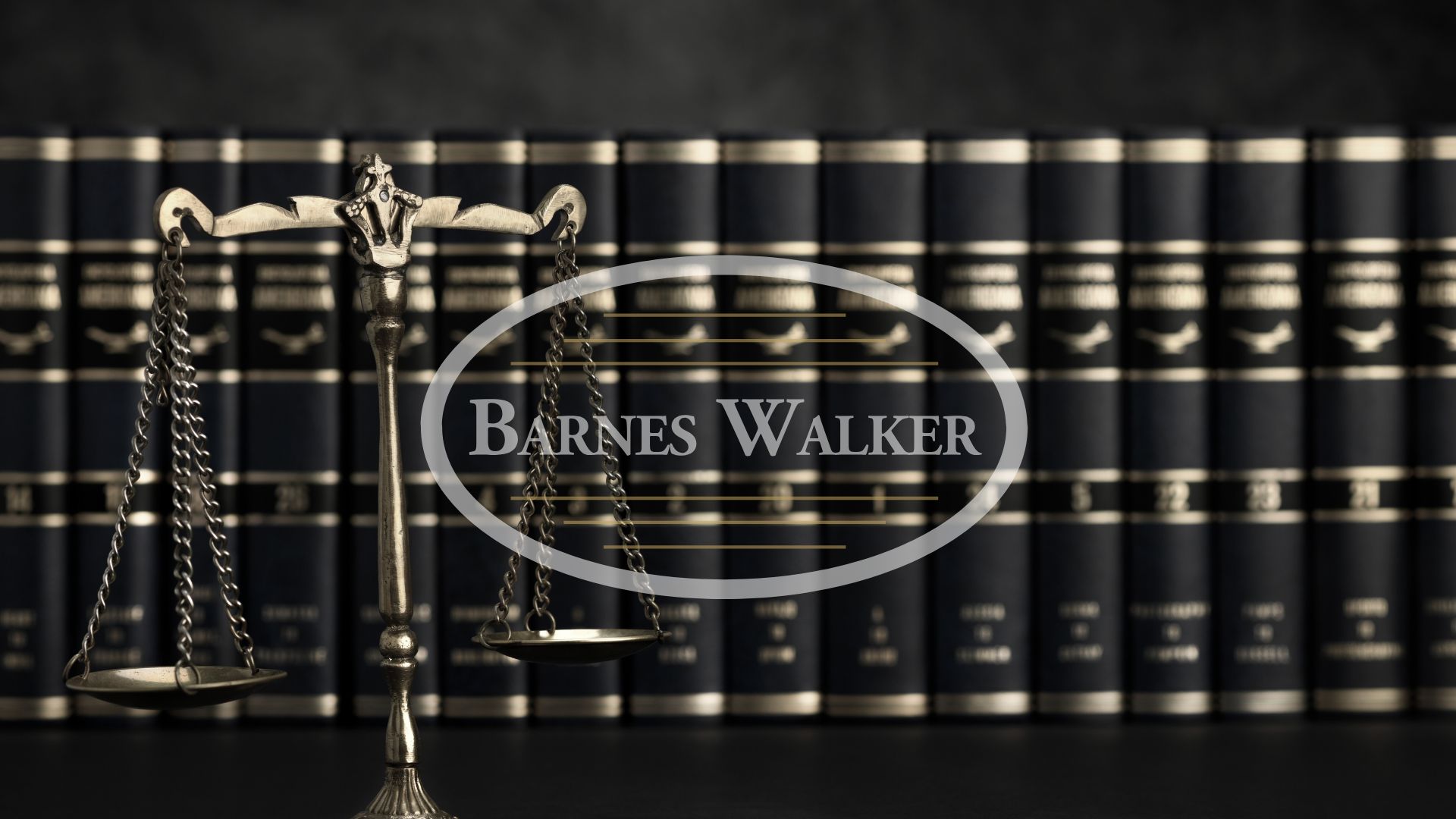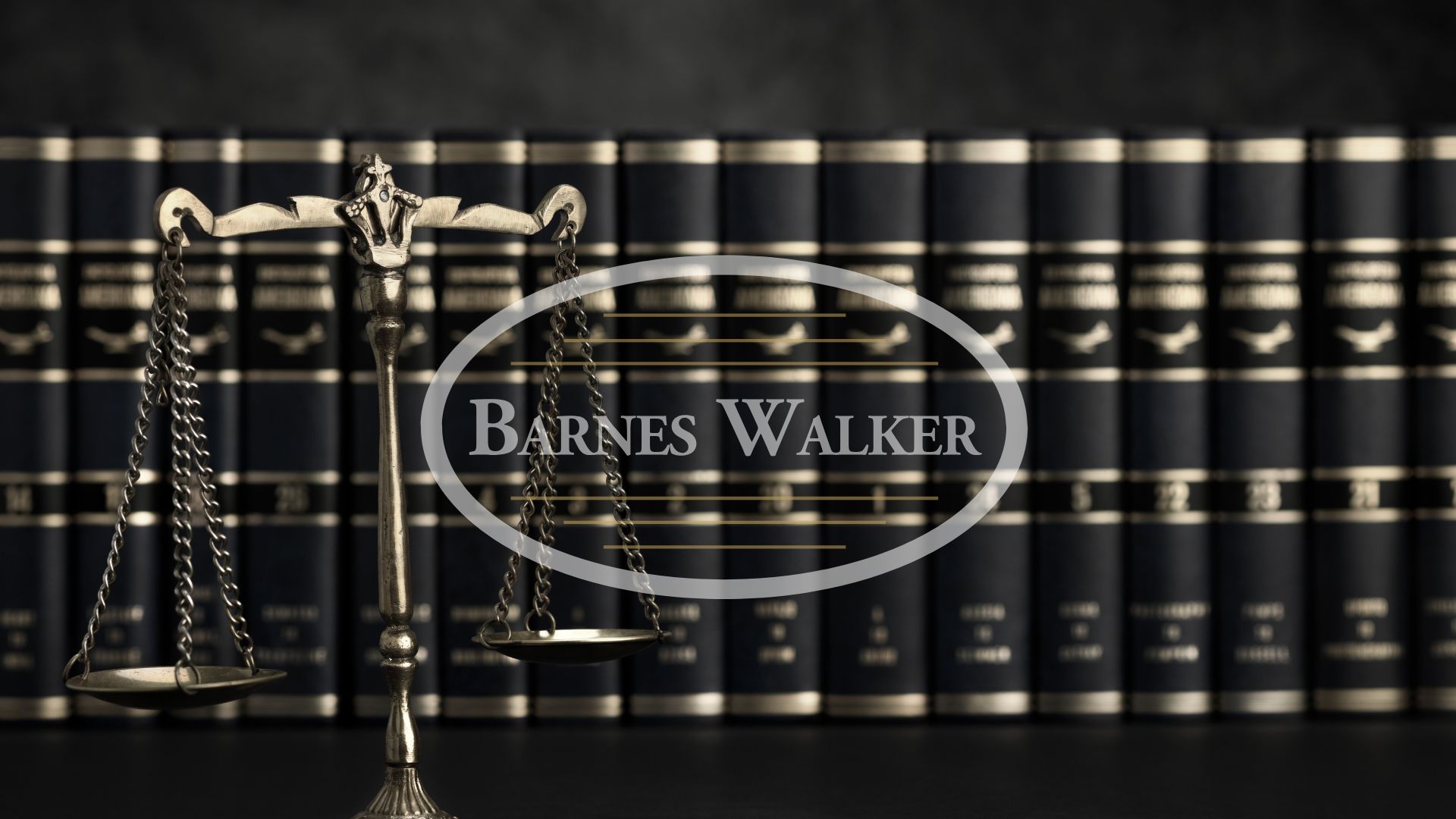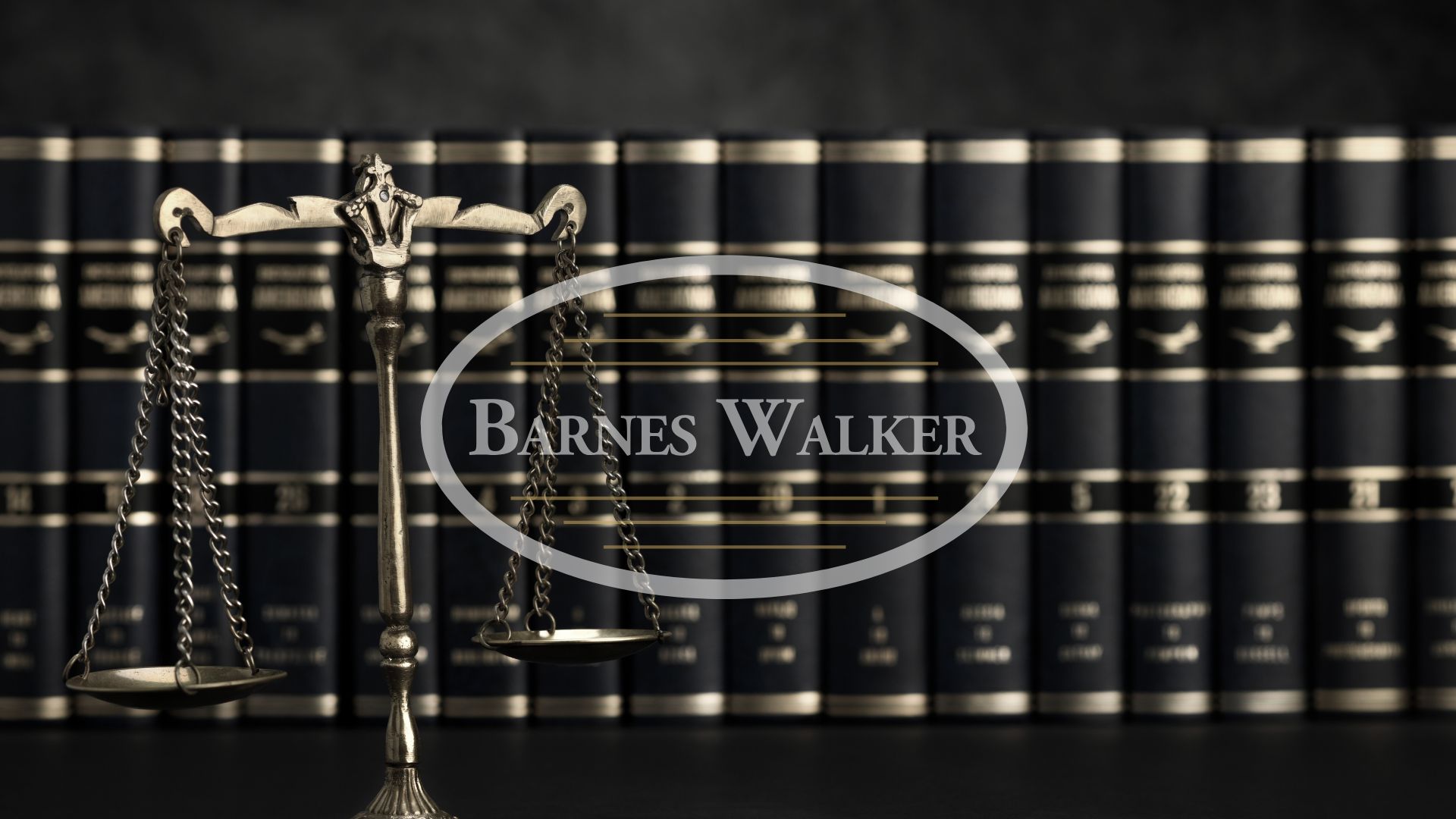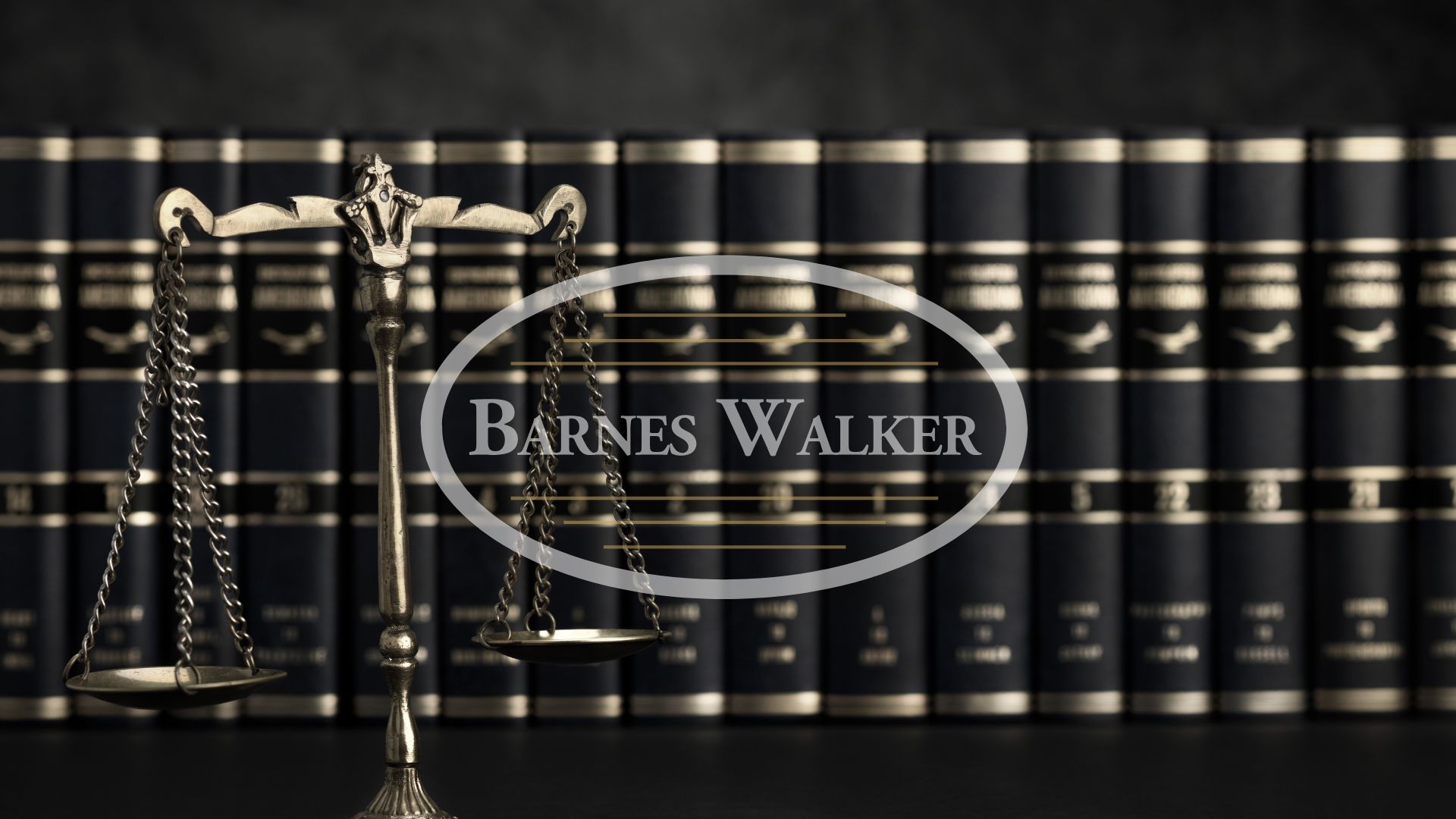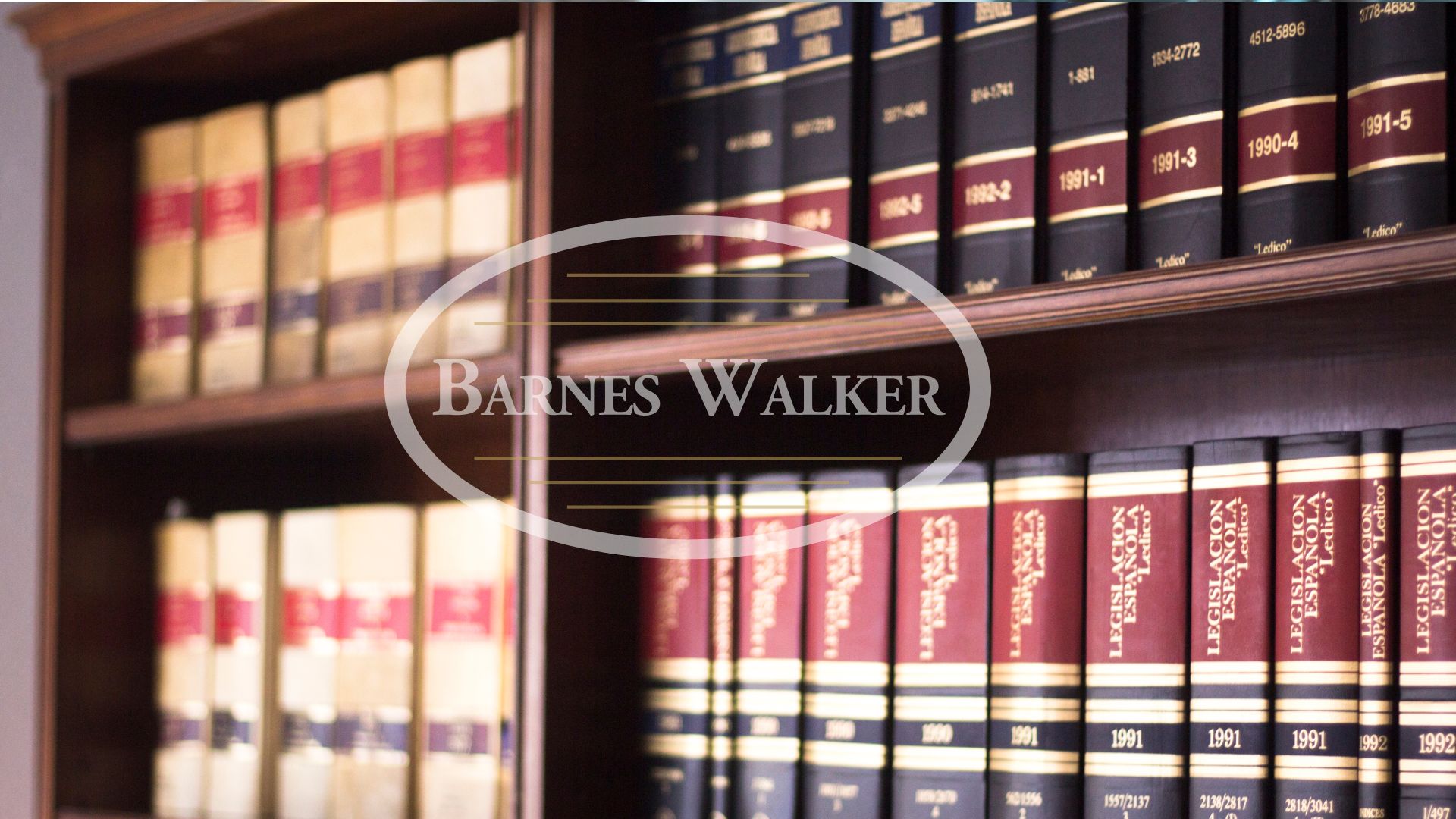
How to Sue Someone in Florida: A Step-by-Step Guide
At some point, you may find yourself in a situation where someone has wronged you financially or otherwise—and legal action becomes necessary. Whether it’s an unpaid debt, property damage, breach of contract, or another civil issue, understanding how to sue someone in Florida can help you protect your rights and pursue justice. At Barnes Walker, our civil litigation attorneys guide clients through every step of the legal process, from initial consultation to resolution, ensuring your case is handled efficiently and strategically.
Understanding When to Sue
Before filing a lawsuit, it’s important to determine whether your situation warrants legal action. In Florida, you can file a civil lawsuit if another party has caused you harm—financial, contractual, or personal—and you seek compensation or another legal remedy. Common reasons for suing include:
- Unpaid debts or breach of contract
- Property disputes or damage
- Fraud, misrepresentation, or negligence
- Unfulfilled business agreements
- Real estate or construction issues
However, not every dispute needs to go to court. Many cases can be resolved through negotiation or mediation. Consulting an experienced Florida litigation attorney will help you assess your options and decide whether filing a lawsuit is the best approach.
Step 1: Determine the Proper Court
The first step in suing someone in Florida is determining which court has jurisdiction. The amount you are seeking in damages usually determines where to file:
- Small Claims Court: For cases involving disputes up to $8,000, excluding costs and interest.
- County Court: For cases with claims between $8,001 and $50,000.
- Circuit Court: For cases exceeding $50,000 or involving complex issues such as property disputes, business conflicts, or injunctions.
Each court has specific rules regarding filing procedures, documentation, and deadlines, so proper preparation is key to avoiding delays or dismissal.
Step 2: Prepare and File a Complaint
The lawsuit begins when you file a formal document called a Complaint. This outlines who you are suing (the defendant), what happened, what laws or agreements were violated, and what relief you are seeking. Florida law requires that the Complaint include specific factual allegations and a clear statement of damages. Your attorney will help ensure the Complaint complies with the Florida Rules of Civil Procedure to prevent procedural challenges from the other side.
Step 3: Serve the Defendant
After filing the Complaint, the defendant must be formally notified through a process called service of process. This ensures the person or business being sued receives an official copy of the lawsuit and has the opportunity to respond. Florida law requires service to be completed by a sheriff, certified process server, or other authorized individual. The defendant then typically has 20 days to respond by filing an Answer or Motion to Dismiss.
Step 4: Discovery — Gathering the Evidence
Once both parties have filed their initial pleadings, the case enters the discovery phase. This is where each side gathers information and evidence to support their claims or defenses. Discovery tools include:
- Interrogatories: Written questions that the opposing party must answer under oath.
- Requests for Production: Demands for documents, contracts, or records relevant to the case.
- Depositions: In-person interviews where witnesses or parties give sworn testimony recorded by a court reporter.
Discovery allows your attorney to build a strong case by uncovering facts and identifying potential weaknesses in the opposing party’s position.
Step 5: Mediation or Settlement Negotiations
In Florida, most civil cases are required to go through mediation before reaching trial. Mediation gives both parties a chance to negotiate with the help of a neutral third-party mediator. It’s often faster, less expensive, and more private than going to court. Many lawsuits are successfully resolved during this stage, saving clients time and reducing legal costs.
Step 6: Going to Trial
If mediation fails to produce a settlement, your case moves to trial. Both sides present their evidence, witnesses, and arguments to a judge or jury. The court then issues a final ruling, which may include monetary damages or specific relief such as enforcing a contract or transferring property. Trials can be complex, so having an experienced civil litigation attorney ensures that your rights are fully protected and your evidence is presented effectively.
Step 7: Judgment and Enforcement
Winning a lawsuit is only part of the process. Once the court issues a judgment in your favor, you may need to take additional steps to collect the award. This could include wage garnishment, property liens, or other enforcement measures. The attorneys at Barnes Walker assist clients through judgment collection and ensure that the outcome of your case is fully realized.
When to Hire a Florida Litigation Attorney
While it’s possible to represent yourself in small claims cases, hiring an experienced attorney significantly increases your chances of success—especially for complex or high-value disputes. At Barnes Walker, our attorneys understand how to navigate Florida’s court system, draft precise legal pleadings, and present persuasive arguments both in and out of court. We approach every case strategically, seeking efficient resolutions while remaining prepared to go to trial if necessary.
Practical Alternatives to Suing
Suing someone is a serious decision that can be expensive and time-consuming. Before filing, our team often explores alternatives such as negotiation, mediation, or demand letters—methods that can lead to resolution without formal litigation. However, when those efforts fail, we are ready to pursue your claim aggressively through the courts.
Contact Barnes Walker
Considering legal action against someone in Florida. Let Barnes Walker guide you through the process with clarity and confidence. With offices in Sarasota and Manatee County, our firm handles a wide range of civil, business, and real estate litigation cases. Contact us today to schedule a consultation and discuss the best legal path forward for your situation.
See also: How Long Do You Have to Sue Someone in Florida
Sources
Learn more about our Litigation services in Florida.
Trust • Experience • Results
Ready to Get Started?
Get started with Barnes Walker today.



